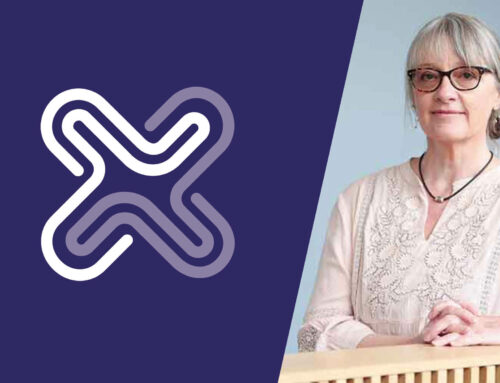Making addiction treatment better tomorrow than it was today: Why research and delivery collaborations are essential for progress

A blogpost by Dr Robert Calder, Society for the Study of Addiction
It happens everywhere, in business, in health and in research. “If only they spent less money on this thing” usually something done in an office far way “and more money on this other thing” usually something done by the person speaking.
Businesses have separate research and delivery departments; successful businesses invest well in both. There are different offices (often distant from each other) for people who deliver the front-line services and for people who research how to do this better. Online businesses have warehouse staff that pick and pack goods. They also have people working on how the “buy it now” button could be better placed. Each could, and inevitably do, argue their importance.
Those arguments presumably become heated. Compared with the addiction sector, however, they become heated behind closed doors, in boardrooms, in meetings, over emails. At the end of the year everyone goes to the same Christmas party and sings karaoke together, glad that the business is doing well.
There is, however, a greater separation of research and delivery in addiction. They work for different organisations and in different offices that are far away from each other. They go to different Christmas parties. They rarely share a karaoke booth.
This separation has enormous benefits. Researchers do not identify, and patent, new addiction treatments hoping to prevent competitors from using them (Blocking Patents are common in many business research departments). Instead, the addiction research community works together, continually building on each other’s work, to improve how we understand and treat addiction.
But the separation between research and delivery also has disadvantages. The main one is that they can be cast as opposing activities. Research is this thing; delivery is this other thing. The things happen in different places. This can lead to the (increasingly popular) kinds of debates where people somehow end up arguing about which is most important, about which one we should fund, about which one is ‘best’. The answer, of course, is that they are both important, they should both be funded, and that the word ‘best’ is meaningless in this context.
Both research and delivery are, of course, essential. A world of addiction research that delivers no addiction treatment is perverse, pointless and cruel. A world of addiction treatment that conducts no research is stagnant, dated and, judging by many treatments from history, equally cruel. Thankfully, we no longer treat ‘inebriates’ in asylums. If there’s one thing that anyone involved in addiction can agree on, it’s that we should avoid being cruel.
It seems like a low bar, but it hints at the point of it all. People working in both settings want to understand and treat addiction more effectively tomorrow than they did today. People who work in treatment delivery attend training, often in evidence-based treatments such as motivational interviewing, cognitive behavioural therapy, buprenorphine, naloxone and contingency management. Those same people also improve through their on-the-job experiences, making a better care-plan tomorrow than they did today.
Research and delivery provide essential counterbalances for each other’s excesses. Research prevents treatment being based on ‘common sense’ (treating alcohol use disorders with cocaine anyone?). Delivery prevents research becoming a purely academic pursuit – research for the sake of research. In short, delivery makes research relevant, research makes delivery effective.
The closer these two groups work together, the better each becomes; treatments become more effective, lives improve and deaths are avoided. This is why the work of organisations like DRNS, Collective Voice and the SSA, is so important. These organisations help to bring research and delivery together, they make their offices feel slightly closer, you can almost hear someone from another organisation warming up for an ill-advised version of Islands in the Stream on Karaoke.
A second thing that people in research and delivery have in common is that they excel in understanding people. People working in treatment excel at listening to, and empathising with, people who use drugs. They can quickly understand complex needs and circumstances in a way that inspires and amazes me. People in research also excel at understanding people who use drugs, and at understanding the causes of, and solutions to, addiction. Their ability to identify and collect the most important data, to analyse the data and to understand the implications also inspires and amazes me.
For the addiction sector to excel, those skills must be used in concert to create a sector, and voice, that is larger than the sum of its parts. Both research and delivery work for the same purpose, and the closer they work, the better both become. Most importantly, the better we will all understand and treat addiction. In doing so we will help some of the most vulnerable people in society, and that will be something to sing about at the end of the year.
About the author:
Rob has worked in both addiction research and addiction treatment settings. His research has focused on how best to use online resources to disseminate research findings and on how to improve the use of evidence-based practice in addiction treatment settings. He has also worked on research into vaping in England, and primary care interventions for homeless people. Rob joined the Society for the Study of Addiction (SSA) as deputy web-editor in November 2019.




